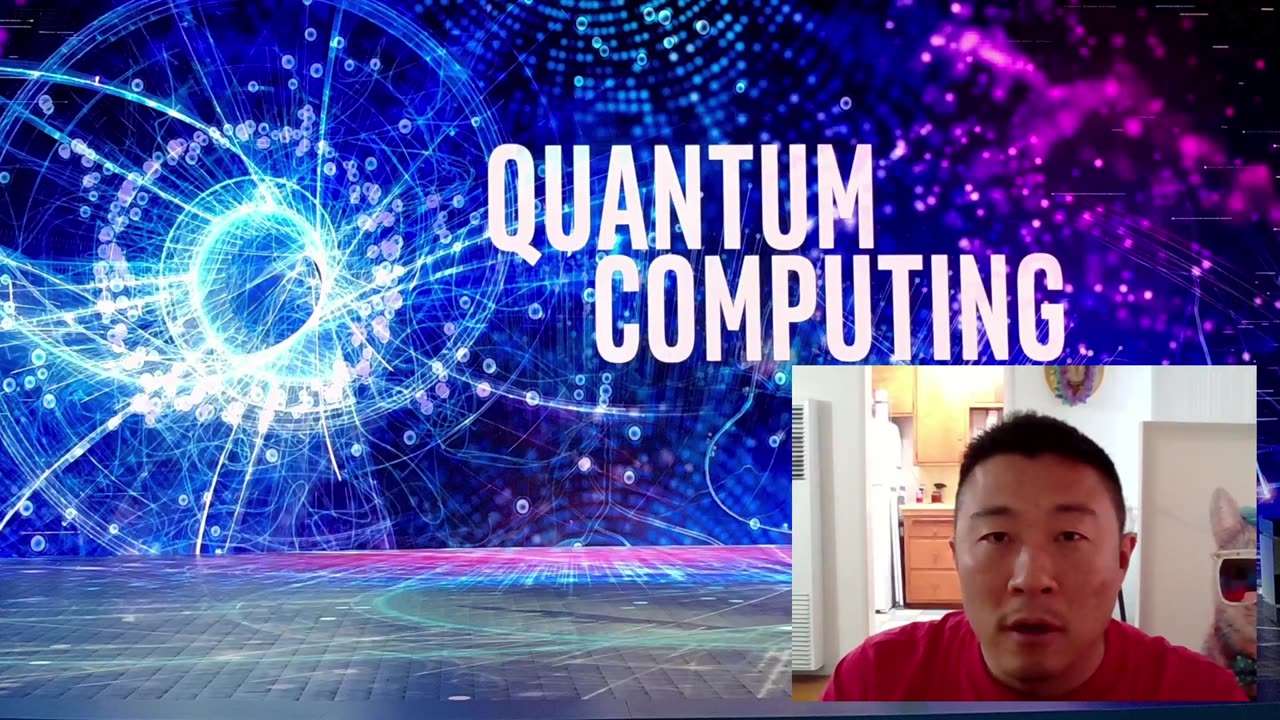Premium Only Content

Why quantum computers won't break the internet
Yes, I know Diffie Hellman is used to pass the session key, AES, which is already quantum resistant.
The U.S. Department of Commerce’s National Institute of Standards and Technology (NIST) has chosen the first group of encryption tools that are designed to withstand the assault of a future quantum computer, which could potentially crack the security used to protect privacy in the digital systems we rely on every day — such as online banking and email software. The four selected encryption algorithms will become part of NIST’s post-quantum cryptographic standard, expected to be finalized in about two years.
“Today’s announcement is an important milestone in securing our sensitive data against the possibility of future cyberattacks from quantum computers,” said Secretary of Commerce Gina M. Raimondo. “Thanks to NIST’s expertise and commitment to cutting-edge technology, we are able to take the necessary steps to secure electronic information so U.S. businesses can continue innovating while maintaining the trust and confidence of their customers.”
The announcement follows a six-year effort managed by NIST, which in 2016 called upon the world’s cryptographers to devise and then vet encryption methods that could resist an attack from a future quantum computer that is more powerful than the comparatively limited machines available today. The selection constitutes the beginning of the finale of the agency’s post-quantum cryptography standardization project.
“NIST constantly looks to the future to anticipate the needs of U.S. industry and society as a whole, and when they are built, quantum computers powerful enough to break present-day encryption will pose a serious threat to our information systems,” said Under Secretary of Commerce for Standards and Technology and NIST Director Laurie E. Locascio. “Our post-quantum cryptography program has leveraged the top minds in cryptography — worldwide — to produce this first group of quantum-resistant algorithms that will lead to a standard and significantly increase the security of our digital information.”
#quantum #quantumcomputing #crypto
-
 LIVE
LIVE
Right Side Broadcasting Network
5 days agoLIVE: President Donald J. Trump Holds Inauguration Eve Rally in Washington D.C. - 1/19/25
21,317 watching -
 8:36
8:36
China Uncensored
55 minutes agoIs China’s EV Industry Collapsing?
-
 4:17:00
4:17:00
Tundra Tactical
16 hours ago $13.86 earnedSHOT SHOW 2025!!!!!! Whats Are We Looking Forward To Most
80.6K13 -
 22:53
22:53
Film Threat
22 hours agoA TRIBUTE TO VISIONARY DIRECTOR DAVID LYNCH | Film Threat News
5982 -
 20:30
20:30
Exploring With Nug
23 hours ago $0.25 earnedMissing Father of 2 FOUND Underwater In Shallow Pond!
4552 -
 19:19
19:19
This Bahamian Gyal
1 day agoThe View PRAISES Michelle Obama for DITCHING TRUMP inauguration, "when they go LOW, go even LOWER"
1872 -
 14:25
14:25
Degenerate Jay
17 hours agoThe Flash Movie Failed Because People Hate The Character? Sure.
4492 -
 28:30
28:30
CharLee Simons Presents Do Not Talk
5 days agoSam Anthony from YourNews.com (with host CharLee Simons)
161 -
 52:34
52:34
PMG
13 hours ago $0.18 earnedHannah Faulkner and Steve Friend | EXPOSE THE FBI CORRUPTION - KASH PATEL
3931 -
 25:33
25:33
marcushouse
1 day ago $32.69 earnedStarship Exploded! What Went Wrong? Flight Test 7 Explained
150K55